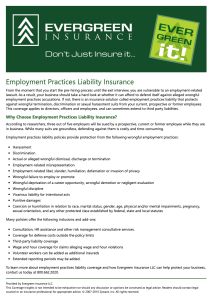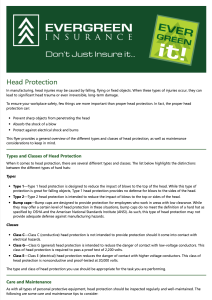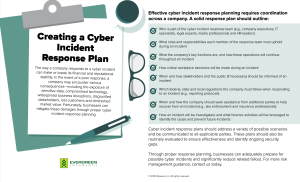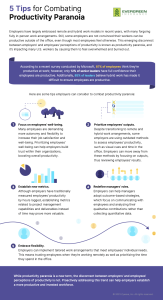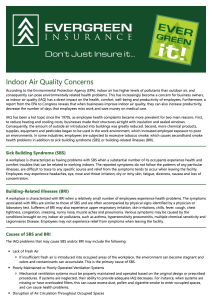
Some people live by the credo, “I’d rather be lucky than good.” But as the Covid-19 pandemic taught us, it’s foolish to rely on luck alone to manage your business through a major health crisis. Complete and comprehensive preparation must take precedence.
Covid became a true turning point for many workplaces. The Human Resources function nDotow is expected to understand public health challenges swiftly and manage them efficiently. So, how to prepare? Here are four steps to success:
- Assess the Risk to the Organization
Employers must remain updated on federal and local health guidance to help inform organizational strategies, while also considering questions like: Are employees at a heightened risk by being in the workplace during this crisis? What safety protocols will keep employees safe? - Adapt Quickly
Based on the risk assessment, employers must be prepared to adapt quickly, ensuring that safeguards in place don’t force employees to choose between their jobs and their health. - Communicate Thoroughly
At every stage, employers should keep employees in the loop. This means sharing the outcome of the risk assessment and clearly communicating any new workplace protocols. Employees should never have to wonder how their workplace is handling a crisis. - Embrace Change
During the early months of the pandemic, it took far too long for some businesses to adapt. Employers should be ready to make these decisions swiftly, and must embrace the changing landscape. This might mean having some employees work remotely while others remain in the workplace. Employers should think about such contingencies and be prepared to follow through if a public health crisis necessitates it.
Responding to the next health crisis will be much easier when you have planned and prepared ahead of time. Don’t leave it to luck. There’s too much at stake. Reach out to the Benefits team at Evergreen for more workplace guidance.
Copyright 2023 Evergreen Insurance
Evergreen Insurance provides these updates for information only, and does not provide legal advice. To make decisions regarding insurance matters, please consult directly with a licensed insurance professional or firm.

